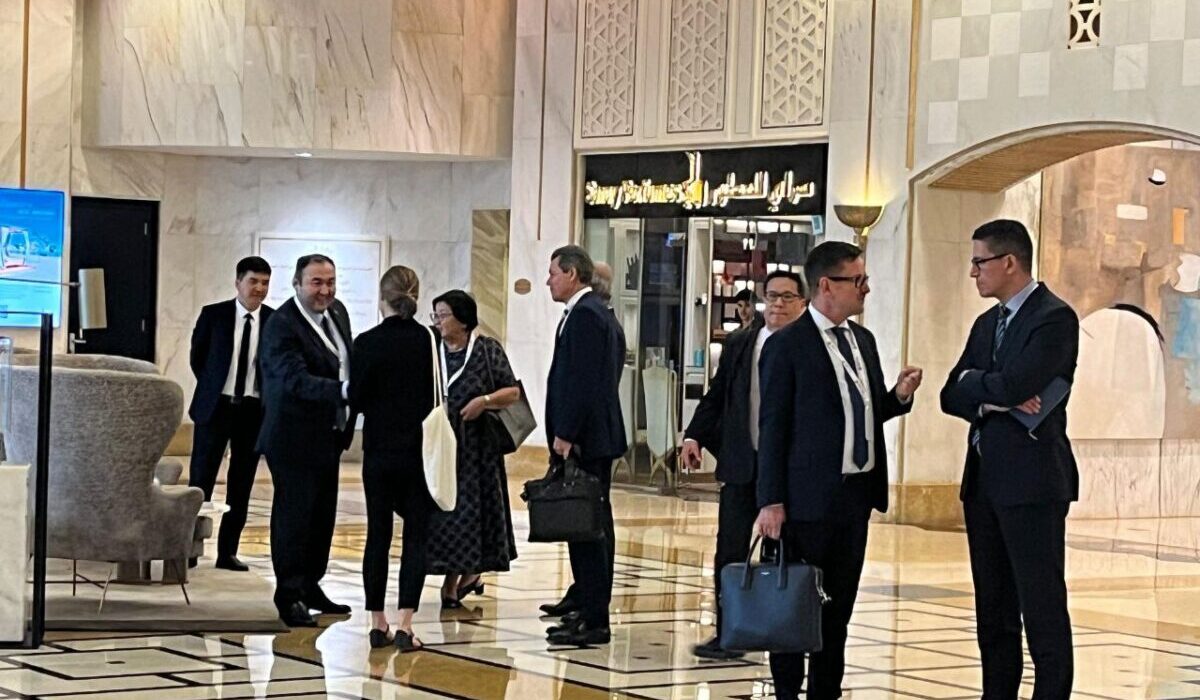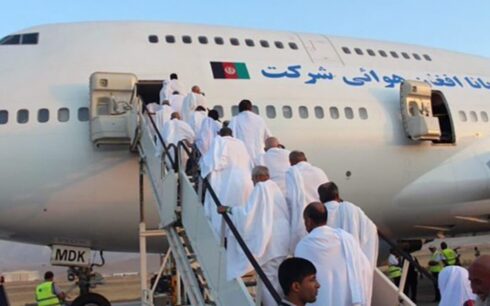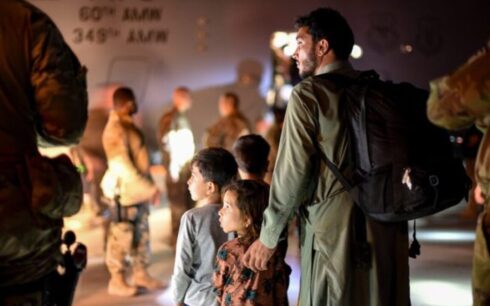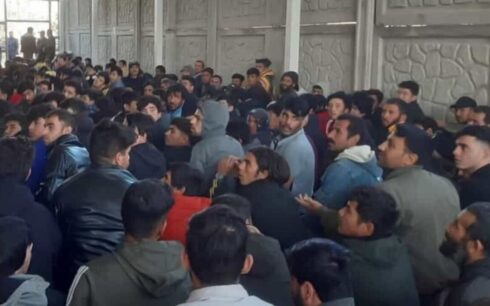The third Doha meeting on Afghanistan begun on Sunday evening at around 6:45 pm local time.
Representatives from 25 countries and five international organizations are scheduled to participate in discussions today and tomorrow.
The absence of civil society and women’s representatives at the meeting has sparked strong reactions from activists.
The day began with individual meetings among the delegations of participating countries.
According to a draft agenda seen by Amu, the main meeting will commence with opening remarks from UN Deputy Chief Rosemary DiCarlo at around 6:45 p.m. local time, followed by remarks from the Qatari delegation. After that, Zabihullah Mujahid, head of the Taliban delegation, will address the event.
Following the Taliban delegation’s remarks, the meeting will continue until 8:45 p.m. local time with an opening session, during which each representative will have three minutes to speak.
An Amu reporter noted that stringent security measures have been implemented at the venue.
The second day of the meeting will begin at 8:30 a.m. Doha time with a thematic session on Afghanistan’s private sector. This session will start with opening remarks from the UN Deputy Chief, followed by a presentation from the World Bank. The Taliban will then provide a presentation about the country’s economy and the private sector.
From 9 a.m. to 11 a.m., there will be an open discussion. The meeting will continue from 11:30 a.m. to 2 p.m. with a thematic session on counter-narcotics, concluding with open discussion and remarks by the UN Deputy Chief.
Envoys from Canada, China, France, Germany, India, Indonesia, Iran, Italy, Japan, Kazakhstan, Kyrgyzstan, Norway, Pakistan, Qatar, South Korea, Russia, Saudi Arabia, Switzerland, Tajikistan, Turkey, Turkmenistan, the UAE, the UK, the US, and Uzbekistan are attending the meeting.
Representatives from the EU, OIC, and Shanghai Cooperation Organization have also been invited, along with representatives from the ADB and World Bank for the thematic sessions.
The absence of women and civil society activists at the meeting has drawn widespread criticism.





